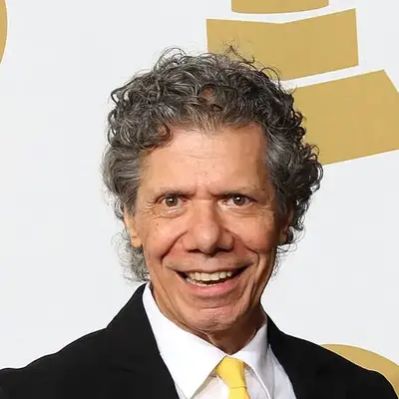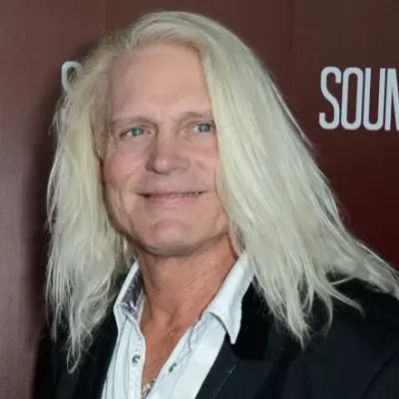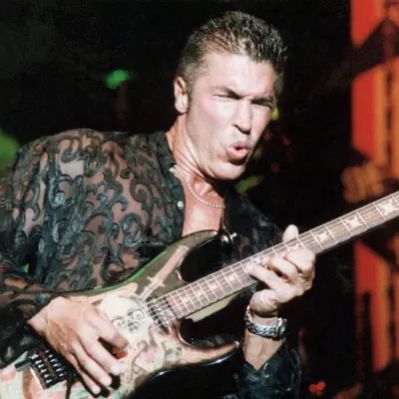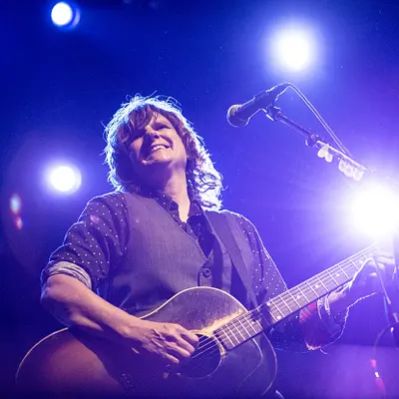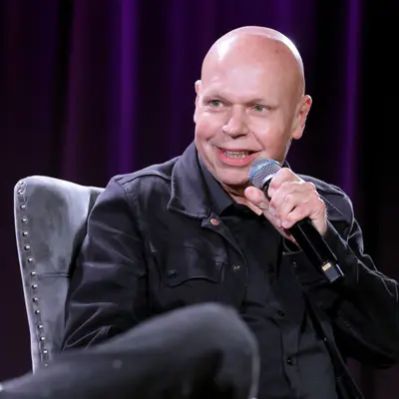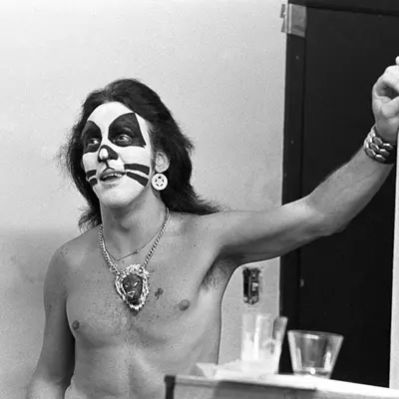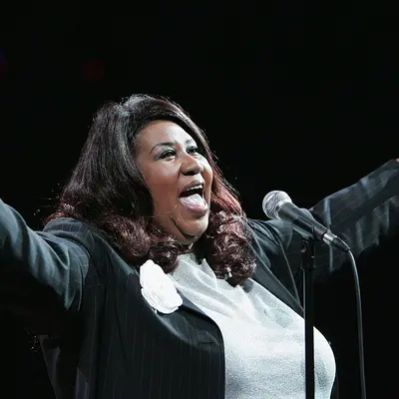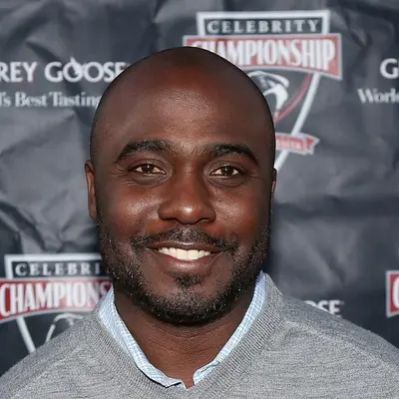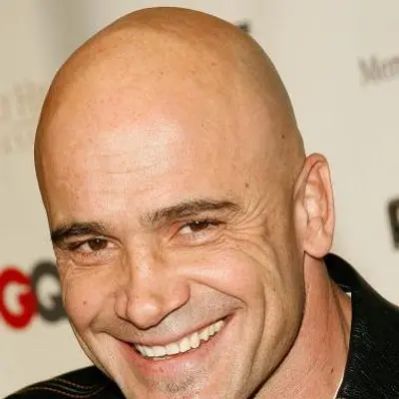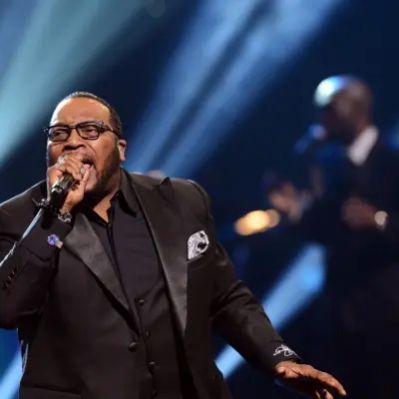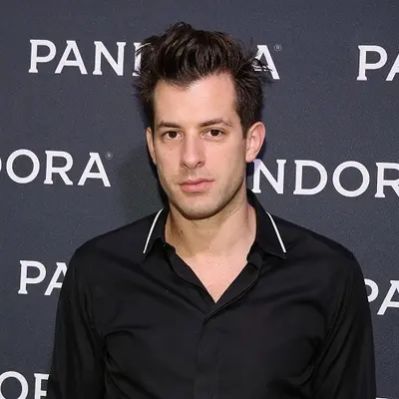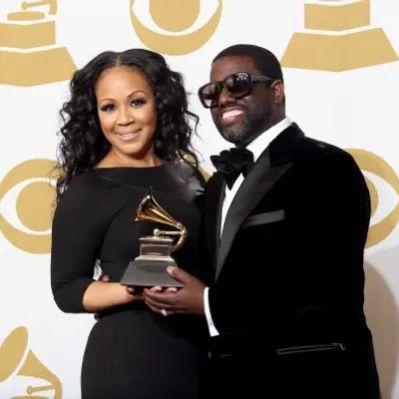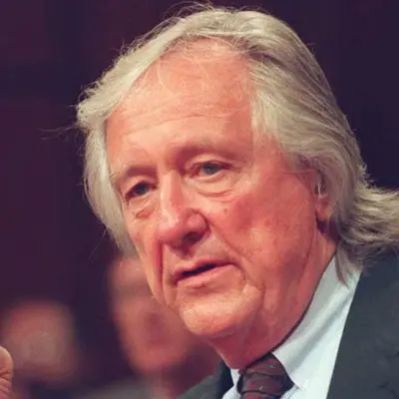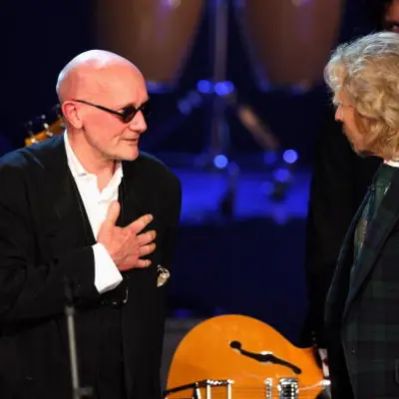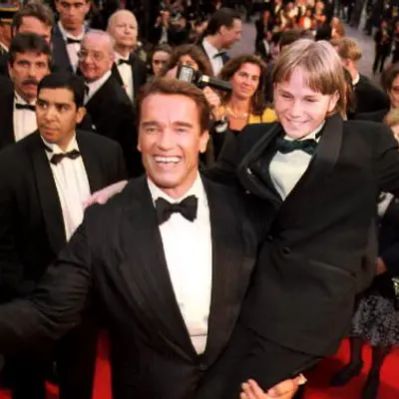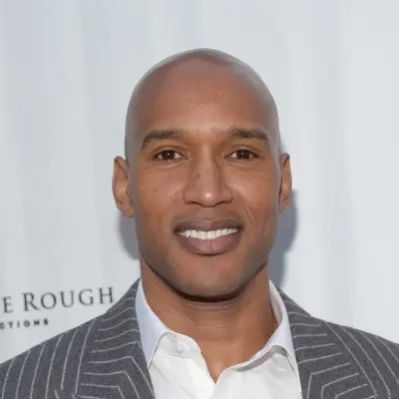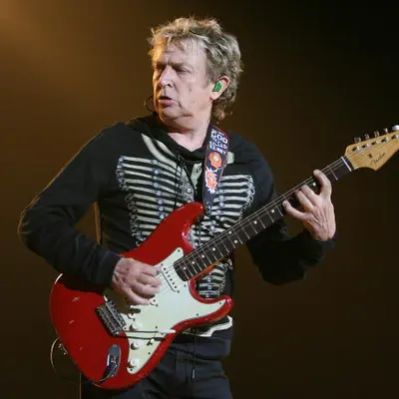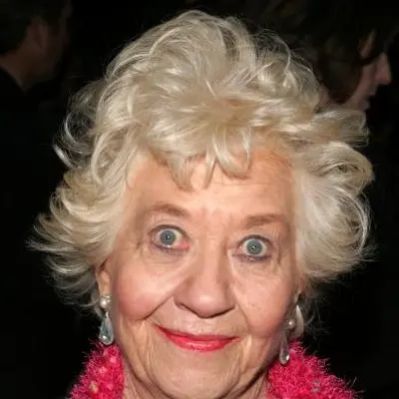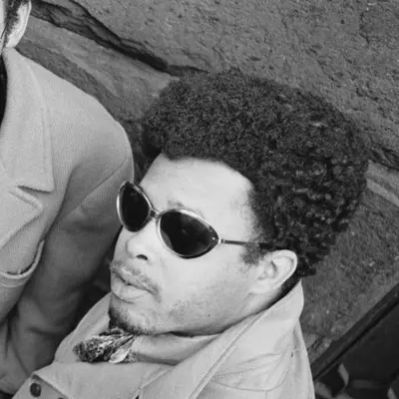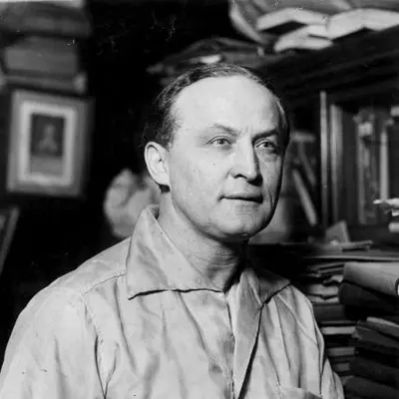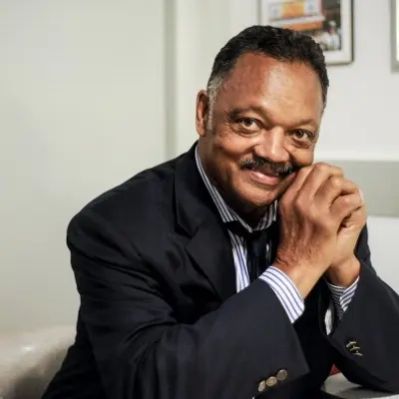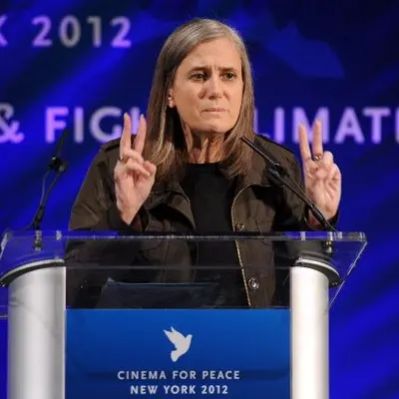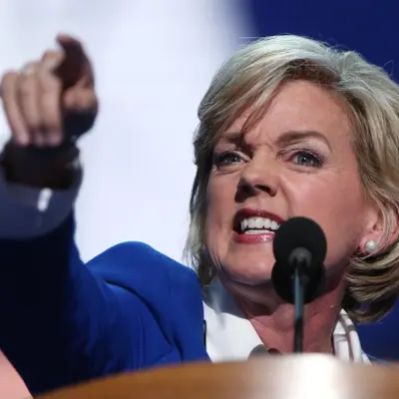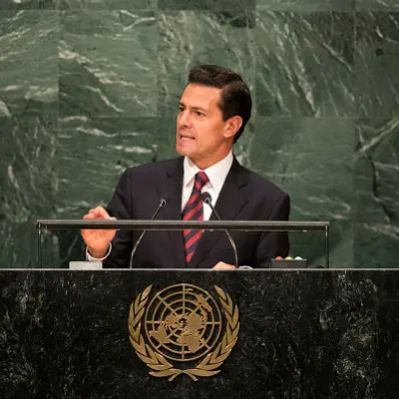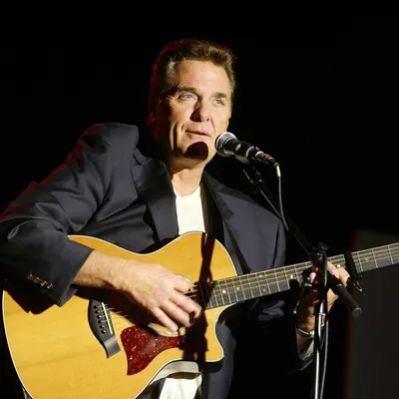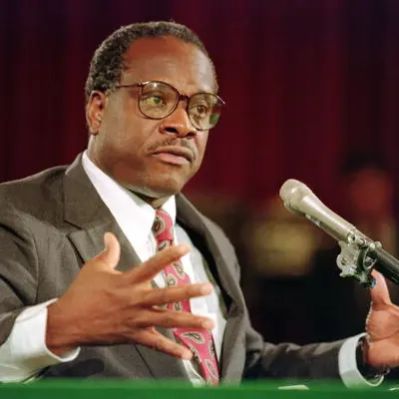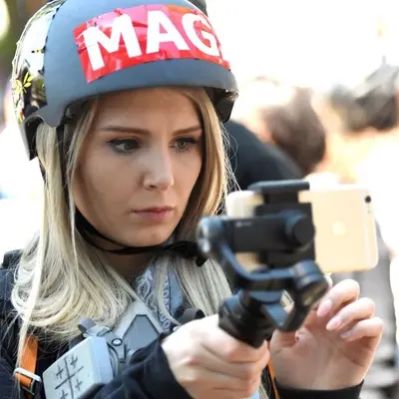What Is Chick Corea’s Net Worth?
At the time of his passing on February 9, 2021, Chick Corea, the acclaimed American musician and composer, had an estimated net worth of $5 million. This financial standing reflected a lifetime dedicated to music, encompassing jazz standards, band leadership, and numerous collaborations.
Early Life and Career Beginnings
Armando “Chick” Corea was born on June 12, 1941, in Chelsea, Massachusetts, to Armando Sr. and Anna Corea, who were of Italian descent. He received early exposure to jazz through his father, a Dixieland band leader in Boston. At the age of four, Corea started playing the piano and later added drums to his repertoire at age eight. His formal musical training included lessons from concert pianist Salvatore Sullo. He also spent a number of years as a performer in the drum and bugle corps St. Rose Scarlet Lancers. As a teenager, Corea performed in gigs, including a trio at a local jazz club. Although he briefly attended Columbia University and later Juilliard School in New York City, he left both institutions, dissatisfied with the academic environment.
Corea began his professional career in the early 1960s, collaborating with prominent jazz figures such as Willie Bobo, Herbie Mann, Stan Getz, and Blue Mitchell. In this early phase, specific financial details of his recording contracts or tour compensations are not publicly available. He launched his solo recording career with the album “Tones for Joan’s Bones.” This was quickly followed by the highly praised album “Now He Sings, Now He Sobs,” featuring Miroslav Vitouš on acoustic bass and Roy Haynes on drums. While the exact sales figures for these early albums are difficult to ascertain, they established Corea’s reputation as a significant voice in contemporary jazz.
Partnership with Miles Davis
A pivotal moment in Corea’s career was his collaboration with Miles Davis, starting in the late 1960s. He toured extensively with Davis and contributed to several landmark studio albums, including “Filles de Kilimanjaro,” “In a Silent Way,” “Bitches Brew,” and “On the Corner.” These albums were commercially successful and influential, though specific royalty earnings for Corea’s contributions are not publicly documented. Corea also appeared on live albums such as “Black Beauty: Miles Davis at the Fillmore West” and “Miles Davis at Fillmore: Live at the Fillmore East.” His tenure with Davis ended in 1970, setting the stage for his own band projects.
Forming Circle and Return to Forever
In the early 1970s, Corea co-founded the avant-garde jazz ensemble Circle with Dave Holland, a former colleague from Miles Davis’s band. The group included drummer Barry Altschul and multi-instrumentalist Anthony Braxton. Circle released several live albums, capturing their improvisational performances. Corea, Holland, and Altschul also released the album “A.R.C.” Though these projects were artistically significant, their commercial impact was modest compared to Corea’s later work. No publicly available contract details or specific earnings numbers exist for the Circle project.
In 1972, Corea established the jazz fusion band Return to Forever. The initial lineup featured Flora Purim, Airto Moreira, Stanley Clarke, and Joe Farrell, focusing on Latin-influenced music. Return to Forever’s self-titled debut album was released in 1972 on ECM Records. Their second album, “Light as a Feather” (1973), included the hit song “Spain,” which became one of Corea’s signature compositions. While precise sales figures are not available, “Light as a Feather” significantly boosted Corea’s profile and earning potential through increased concert bookings and licensing of “Spain.”
Return to Forever evolved by adding drummer Lenny White and guitarist Bill Connors, resulting in the album “Hymn of the Seventh Galaxy.” Subsequently, Al Di Meola replaced Connors, and the band released “Where Have I Known You Before,” “No Mystery,” and “Romantic Warrior.” These albums showcased a more rock-oriented fusion sound and achieved considerable commercial success. Exact sales figures and royalty rates for these albums are not publicly accessible, but they undoubtedly contributed substantially to Corea’s income during the mid-1970s.
The seventh and final studio album by Return to Forever, “Musicmagic,” was released in 1977. After this, the band dissolved, but Corea continued to perform and record under his own name and with various ensembles.
Duet Projects and Other Musical Ventures
Throughout his career, Corea engaged in numerous duet projects with other musicians. In the 1970s, he recorded several duet albums with vibraphonist Gary Burton and performed a series of concerts with pianist Herbie Hancock. In the early 1980s, he performed a live duet with classical pianist Friedrich Gulda. Later collaborations included albums and tours with banjoist Béla Fleck and pianist Hiromi Uehara. He also reunited with Hancock for a duet concert series in 2015. Contract details and revenue splits for these various collaborations are not available in public records.
Corea led the Chick Corea Elektric Band, later known as the Akoustic Band, which released several albums between 1986 and 1994. These albums represented a return to a more acoustic jazz sound and maintained Corea’s presence in the contemporary jazz scene. In addition, Corea established his own record label, Stretch Records, giving him greater control over his recordings and revenue streams. Specific financial performance details for Stretch Records are not publicly accessible.
In the late 1990s, Corea ventured into contemporary classical music, composing his first piano concerto, which he performed with the London Philharmonic Orchestra. Although this project expanded Corea’s artistic scope, the financial returns from classical compositions and performances are typically lower than those in jazz or popular music. Into the 21st century, Corea continued to record jazz fusion albums. In 2008, he formed a new group, the Five Peace Band, and embarked on a world tour. The specific tour revenue and individual compensation for the Five Peace Band are not publicly available.
Real Estate and Personal Life
In 1997, Chick Corea purchased an 8,600-square-foot mansion in Largo, Florida, for $825,000. The location was near the Scientology offices in Clearwater. This real estate investment was a notable asset contributing to his overall net worth. The precise details of any mortgages or other encumbrances on the property are not publicly known.
Corea was married twice, first to Joanie, with whom he had two children, Thaddeus and Liana. He later married musician Gayle Moran, and they remained together until his death. The specific details of Corea’s personal spending habits, investment strategies, or any additional assets held outside of real estate and music royalties are not publicly available.
Chick Corea’s dedication to Scientology, after reading L. Ron Hubbard’s “Dianetics” in 1968, influenced his musical direction in the early 1970s. Any financial contributions he made to the organization are not publicly documented.
Corea passed away on February 9, 2021, at his home in Tampa Bay, Florida, from cancer. He was 79 years old. His $5 million net worth reflected a successful and diverse career as a musician and composer.
 Net Worth Ranker
Net Worth Ranker
